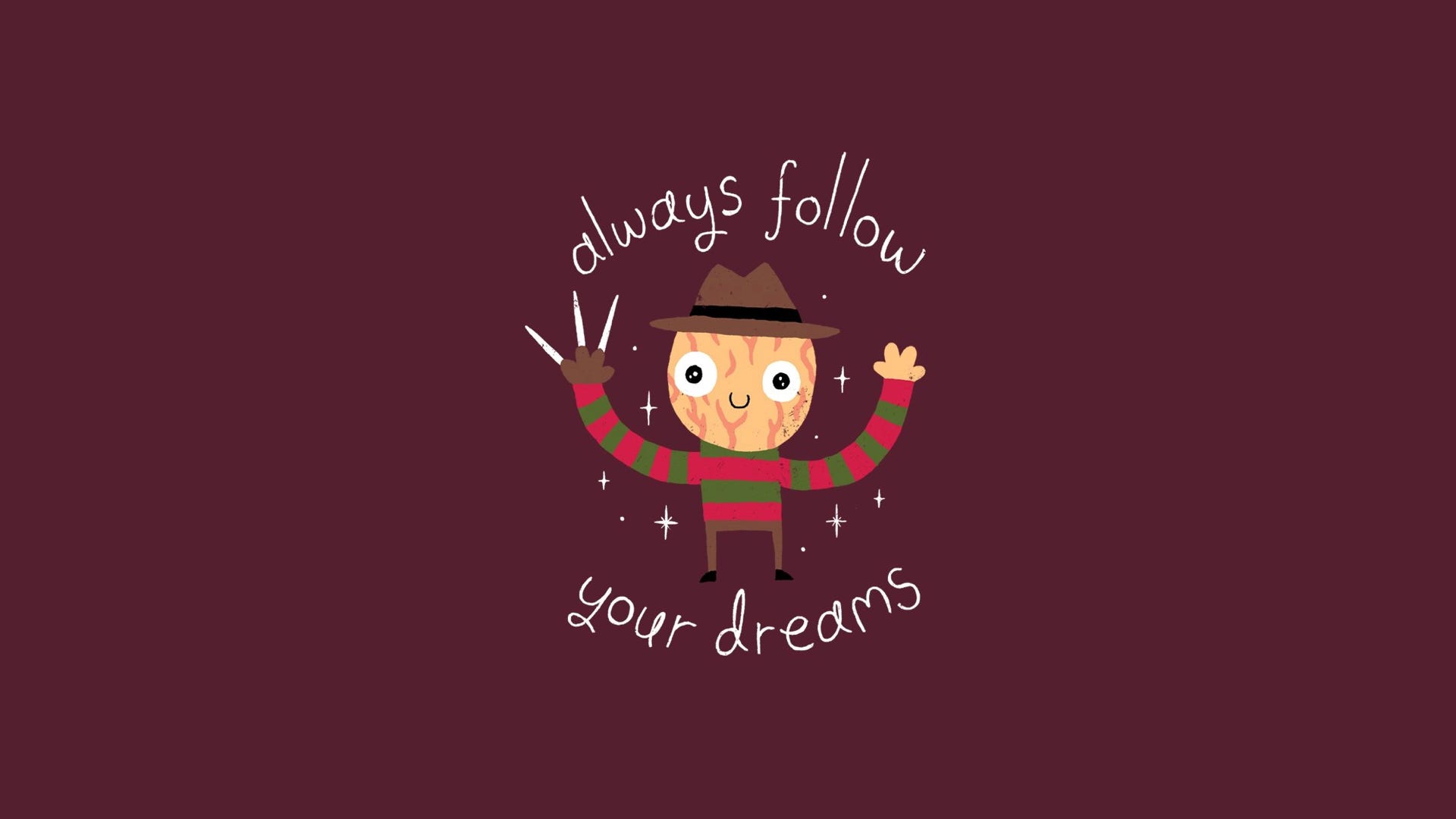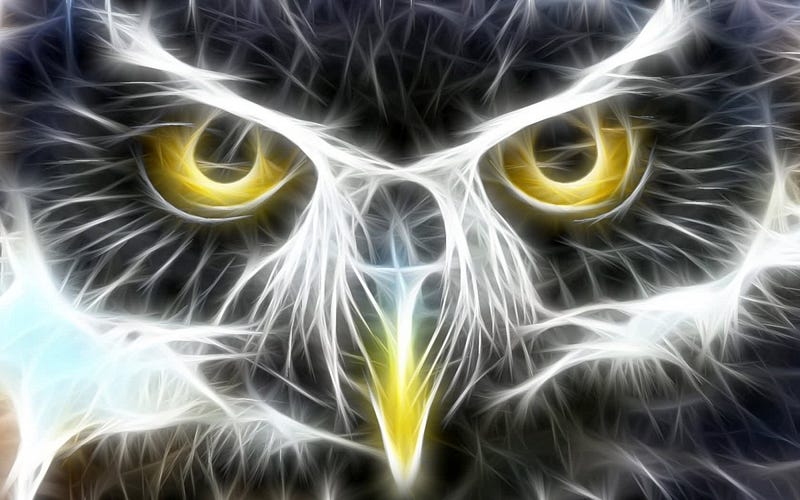
In the latest series of Charlie Brooker’s phenomenal ‘Black Mirror’, a young girl is microchipped from a young age. This tracking device has the ability to filter traumatic events from the mind of the child. As a result, the child sees blurred out imagery and filtered sounds of traumatic events. This filter is so effective she cannot tell what is happening when her grandfather almost dies of a heart attack.
Years later she develops behavioural issues. This is a result of not being able to “experience” traumatic events. Instead, she starts to create them herself. She does this because she knows there is a veil over her reality. She knows the truth is trying to force itself out.
Many of us know that there is something more to the reality we experience, we know this whether it is in business or life.
Doxas
When we enter the workforce, we arrive full of preconceived ideas and beliefs about the world. After a few years in the workplace, we are conditioned by notions about how business is done and how the workplace (mal)functions.
Doxas is the term Plato called these preconceived opinions or notions. Doxa is a Greek word meaning common belief or popular opinion. Doxas are opinions we pick up from the world around us via our surroundings, our workplace, our family, friends, TV, Politics or whatever inputs we allow.
Plato believed that it was our duty to liberate ourselves from doxa by first recognising the shackling doxas and then scrutinising and criticising them.
Consider for a moment that sound that has a frequency of 17,400 Hz can only be heard by teenagers. If you are over eighteen, you are unlikely to hear sound at this frequency. Similar limitations apply to taste, touch, and smell as well. Now consider what else we become closed to.
“When a man is born … there are nets flung at it to hold it back from flight. You talk to me of nationality, language, religion. I shall try to fly by those nets.” ― James Joyce
Paradigm
The word Paradigm comes from the Greek παράδειγμα meaning “pattern, example, sample” and from the verb, παραδείκνυμι meaning “exhibit, represent, expose”.
In essence, it means the expected patterns of thinking or a typical set of concepts or thought patterns. In Ireland, we call this “the same old same old”.
In life, we start to expect what we are conditioned to expect. If one is born into a middle-class home it is often difficult to jump beyond being in the middle class. Likewise, if one is born into monetary abundance, one expects to live within that paradigm. It is what one expects.
In business, we have been using an outdated business methodology for quite a long period of time. It has become increasingly difficult for business leaders to shift from one paradigm to another. This is not the fault of leadership, legacy business is just stuck in a paradigm.
This is why leaders often need a jolt such as a burning platform like PSD2 for banking, GDPR for digital media or any type of disruption. Innovation is often at its best when a business has no choice.
Likewise in our lives, humanity is at its most inventive, focused and resilient in moments of crisis. It is easier to take up a healthy lifestyle when faced with a health crisis.
Bird’s Eye Vision

The human retina has three kinds of receptors used for colour vision. These receptors are called cone cells. Humans see red, green and blue (hence, RGB colours on a computer display).
Birds, who are active during the day have four kinds of cone cells. This extra cell enables birds to see ultraviolet (UV) light.
Scientists discovered that bird cone cells also contain a drop of coloured oil that human cone cells lack. This oil functions like a camera filter. It means birds not only see UV light, but they are also much better than humans at detecting differences between two similar colours. This means birds see a much more colourfully rich world than our human eye is capable of seeing.
Until this discovery, scientists assumed that birds and humans saw colours in the same way. When they realised this is not the case it opened up a whole new way of thinking.
Our Own Paradigm?
To start questioning your business or life reality, ask yourself this New Year question. “Who’s paradigm am I living?”
As an individual, “Am I living my own reality or am I living a reality fashioned by media, politics and my parents?”
As a business ask yourself, “Are we operating to our own reality or a reality fashioned by the competitors, suspect data and consultants?”
Imagine a business could see their strategy through a new lens? A real lens, a lens that respectfully challenged their direction, but did so in the name of organisational success?
Imagine as an individual we challenged things we have hitherto taken for granted or accepted as written in stone?
There is no written in stone, all should be questioned. In a world of fake news and questionable media, it is would be a wise resolution to question the data we expose ourselves to. More importantly, as a parent question the data our kids are exposed to and as a business leader question the data our personnel are surrounded by.
“You are what you are and where you are because of what has gone into your mind. You can change what you are and where you are by changing what goes into your mind. “ — Zig Ziglar
On this week’s Innovation Show №1 New York Times best-selling author and “TED Talker” Pam Grout joins us for a look at how we live within a paradigm. We talk everything from creativity, the law of attraction, setting goals, to living life to the fullest and how we can unlock our inner innovation.
As always, the show is broadcast on RTÉ Radio 1 extra 3 times weekly and is on iTunes, TuneIn Stitcher Player FM and Google play. The website is here. Soundcloud is embedded below: